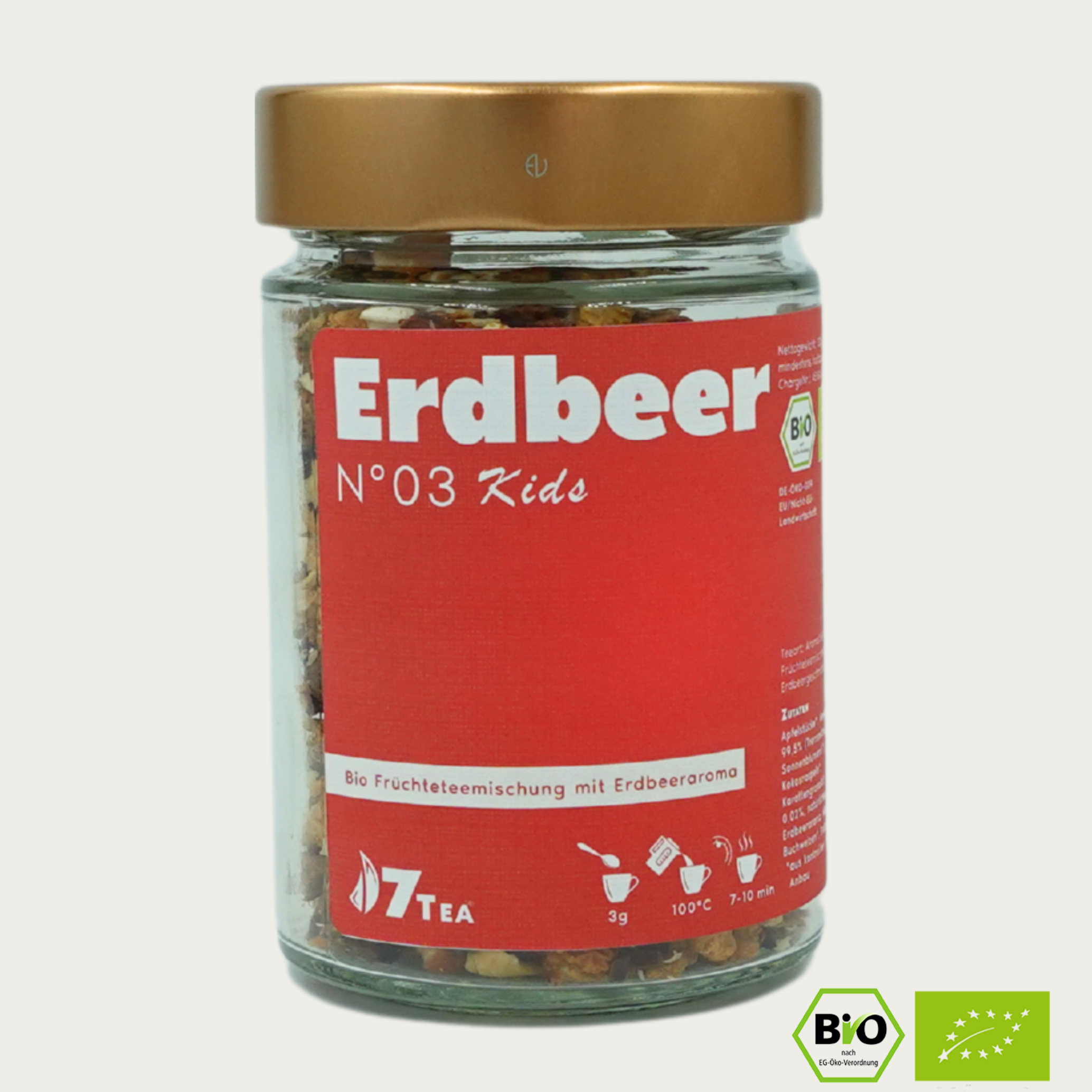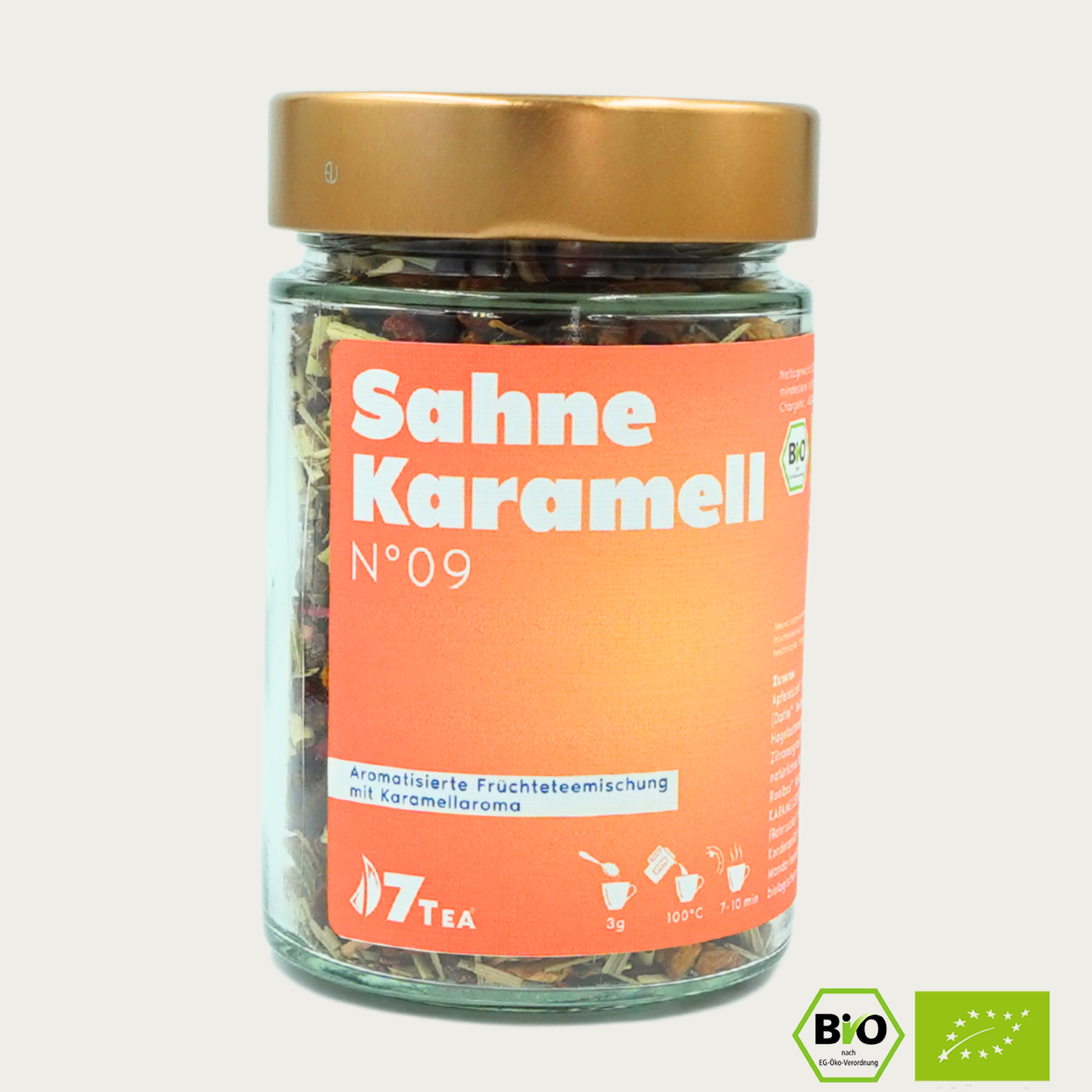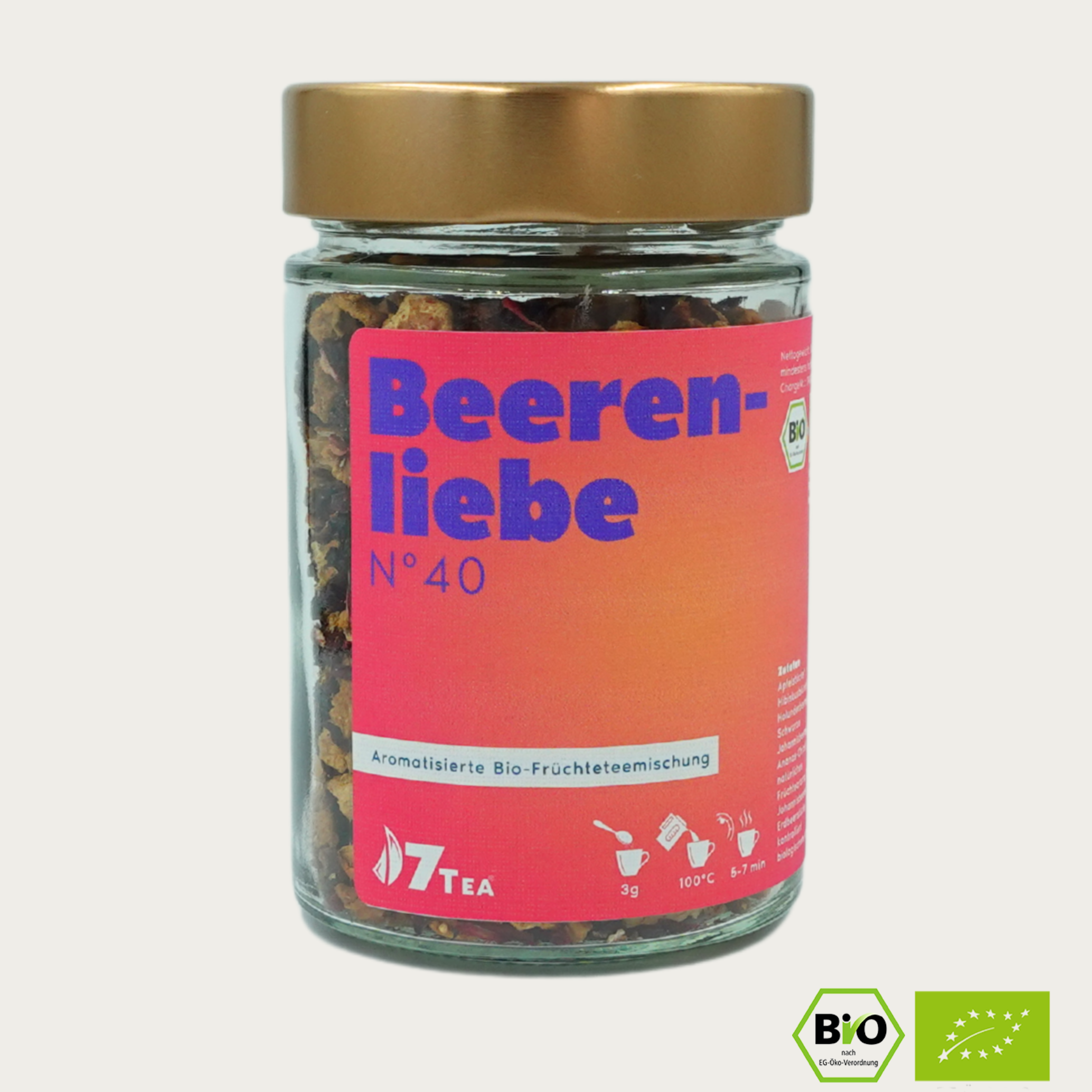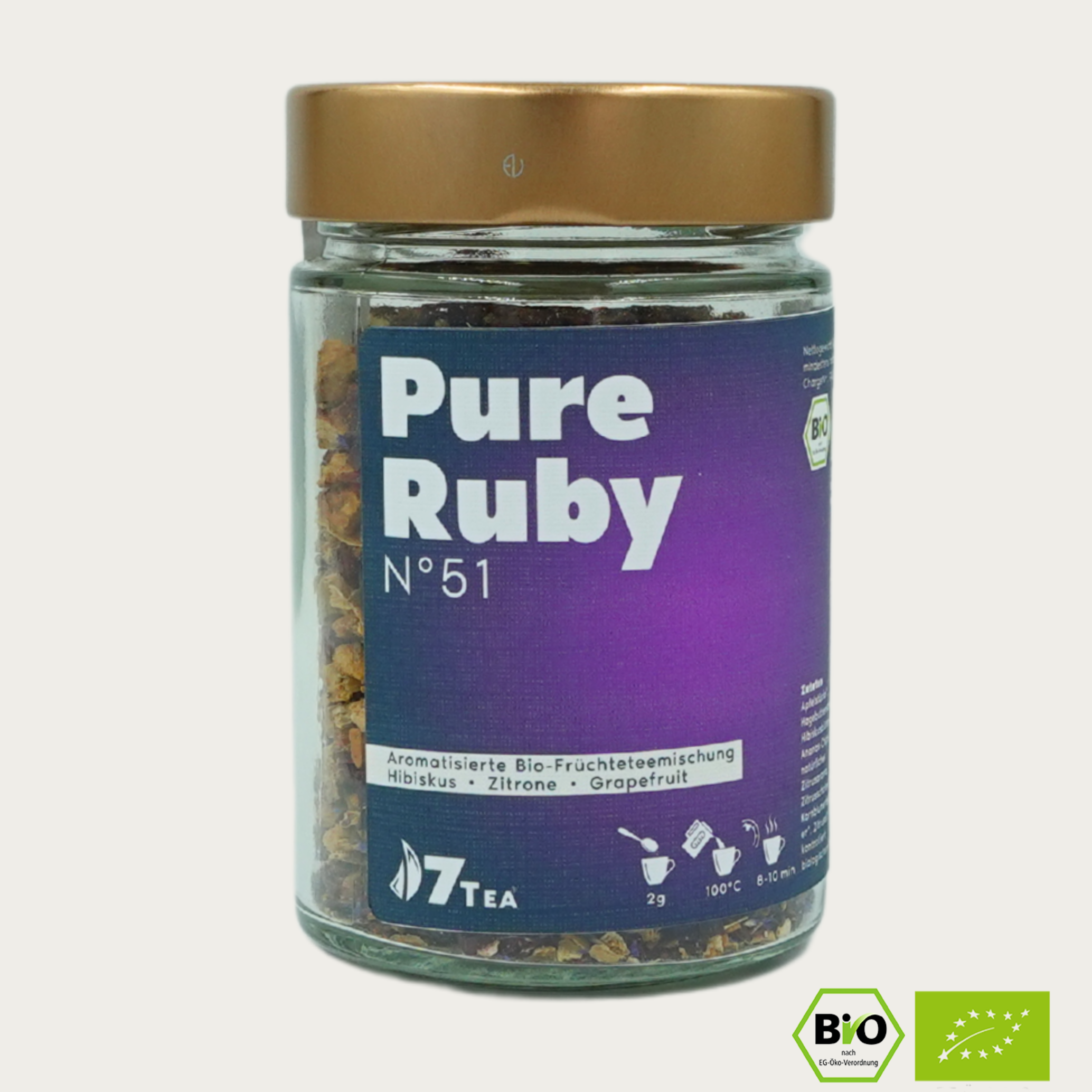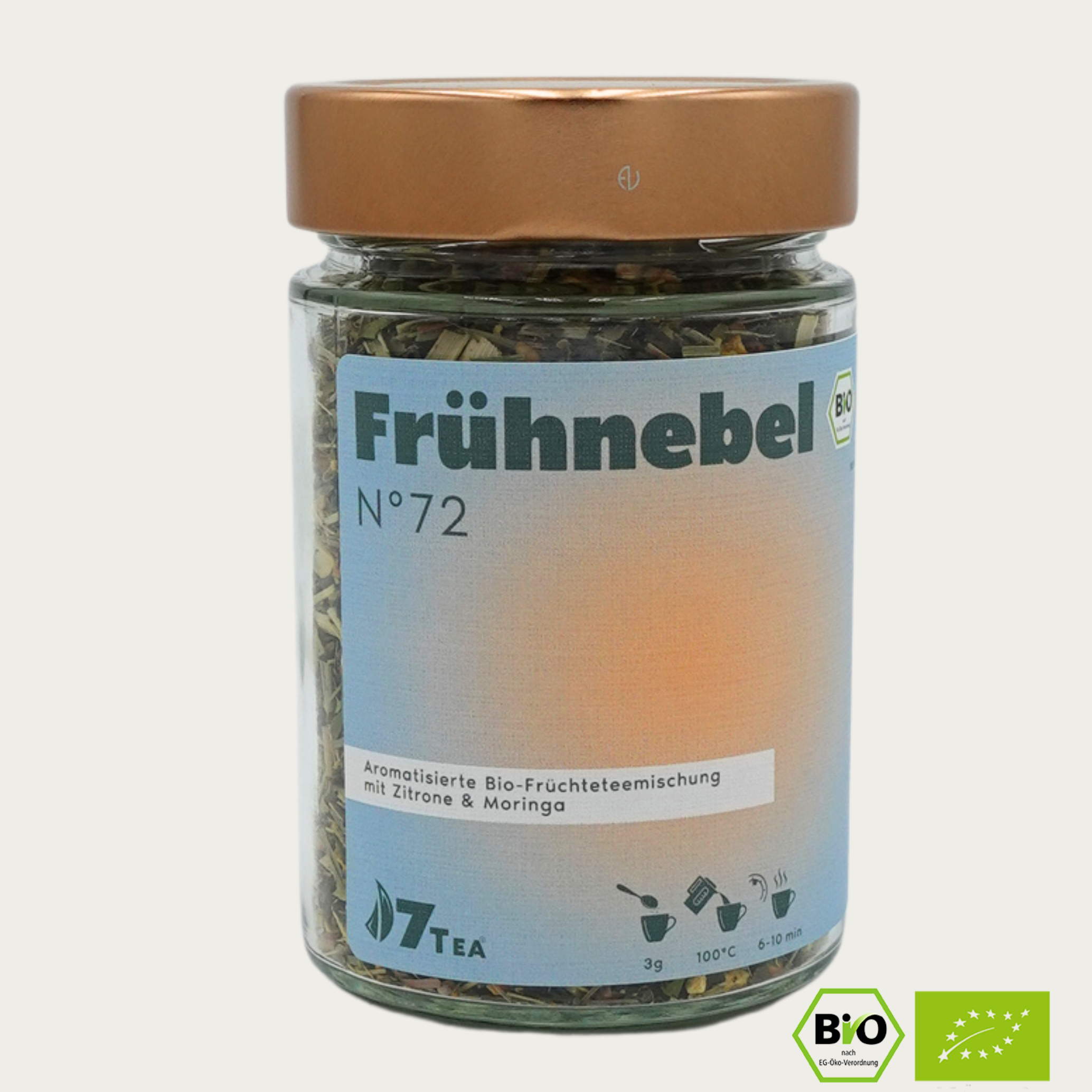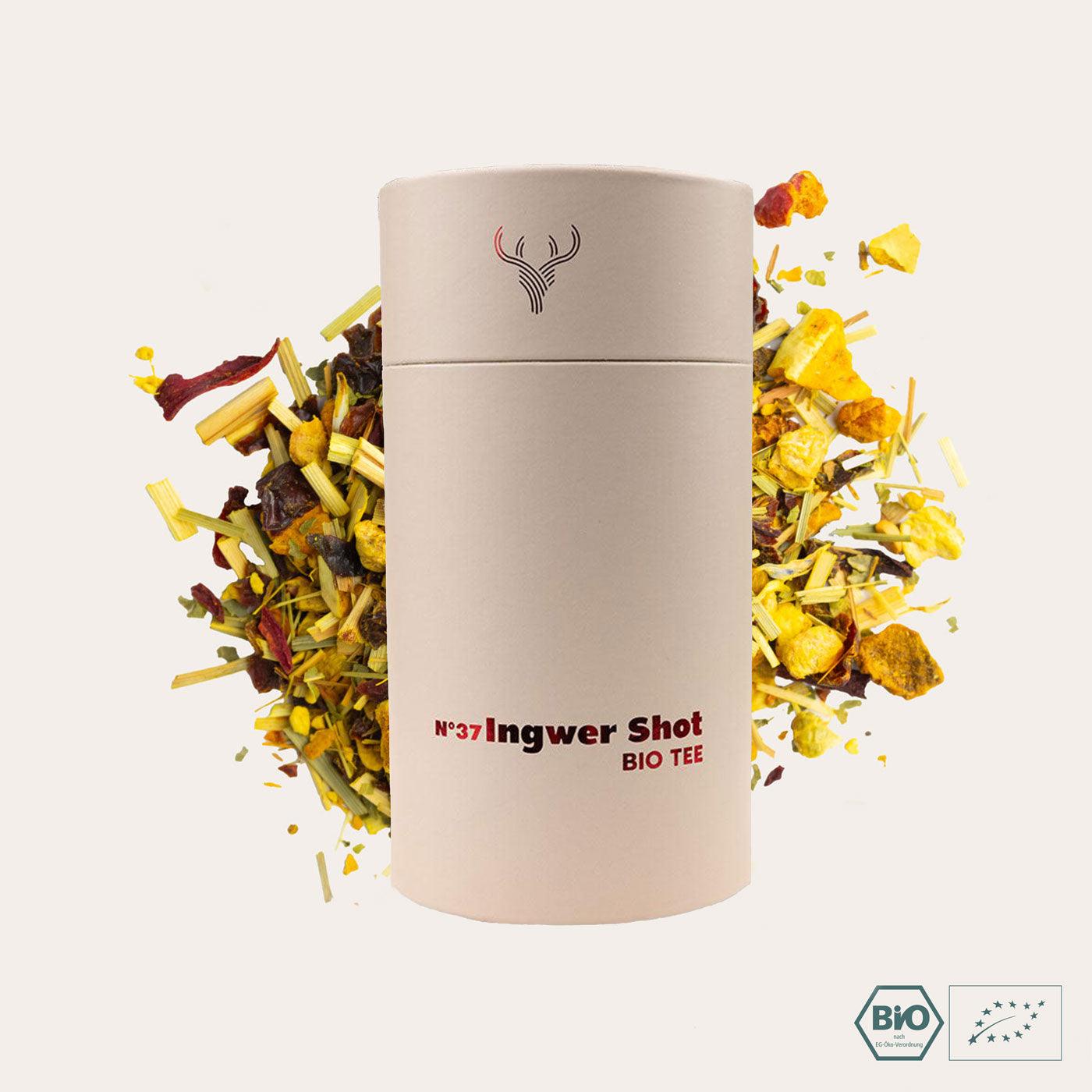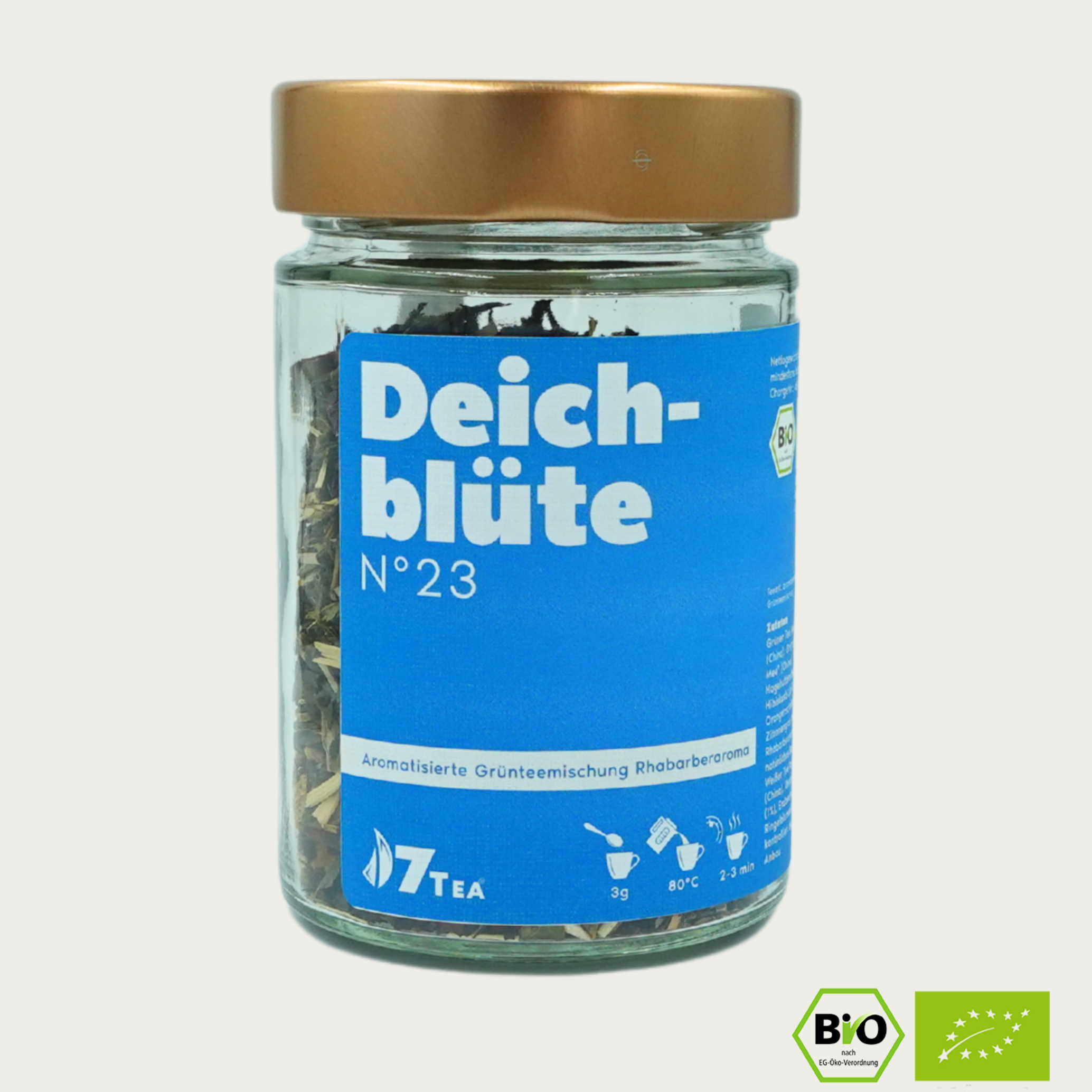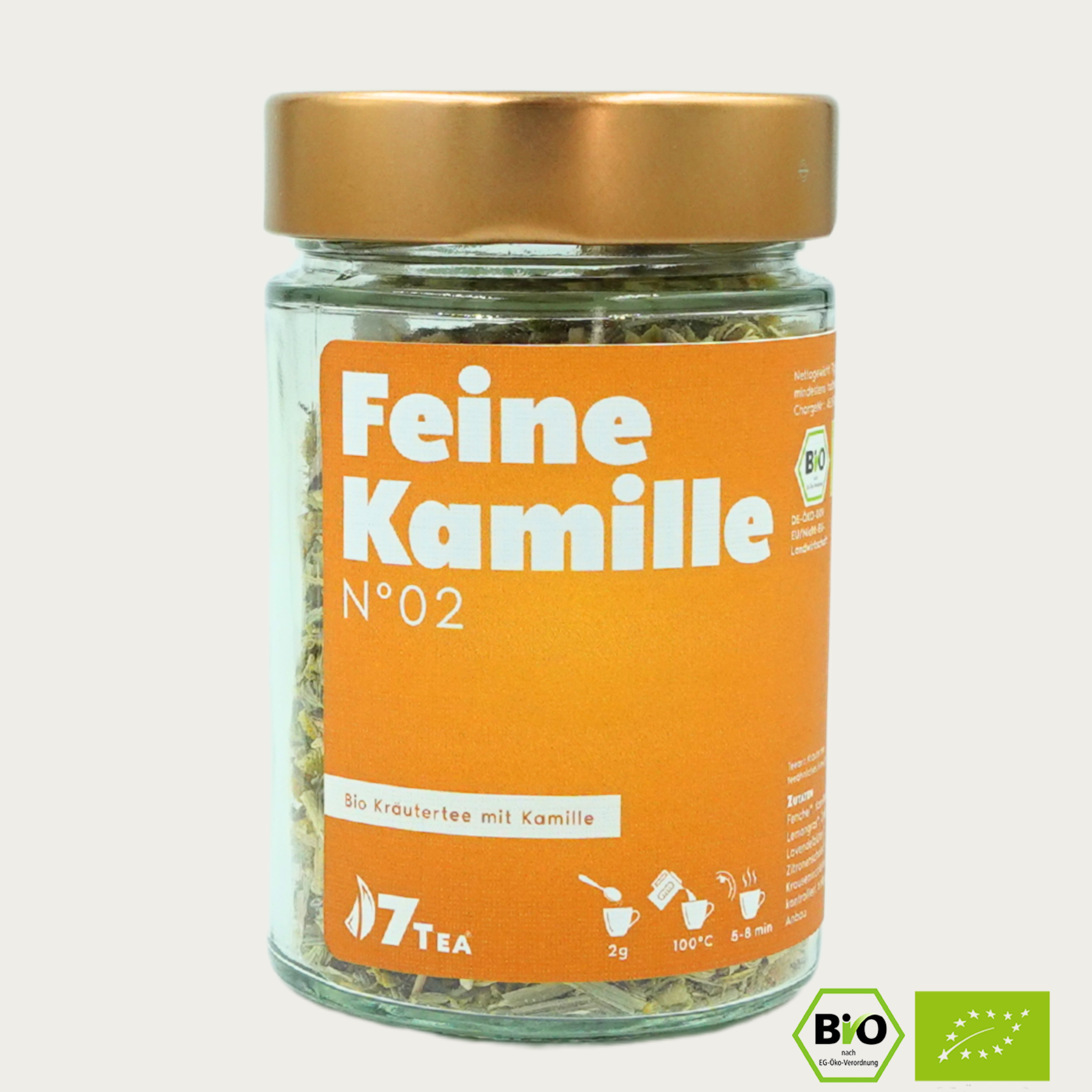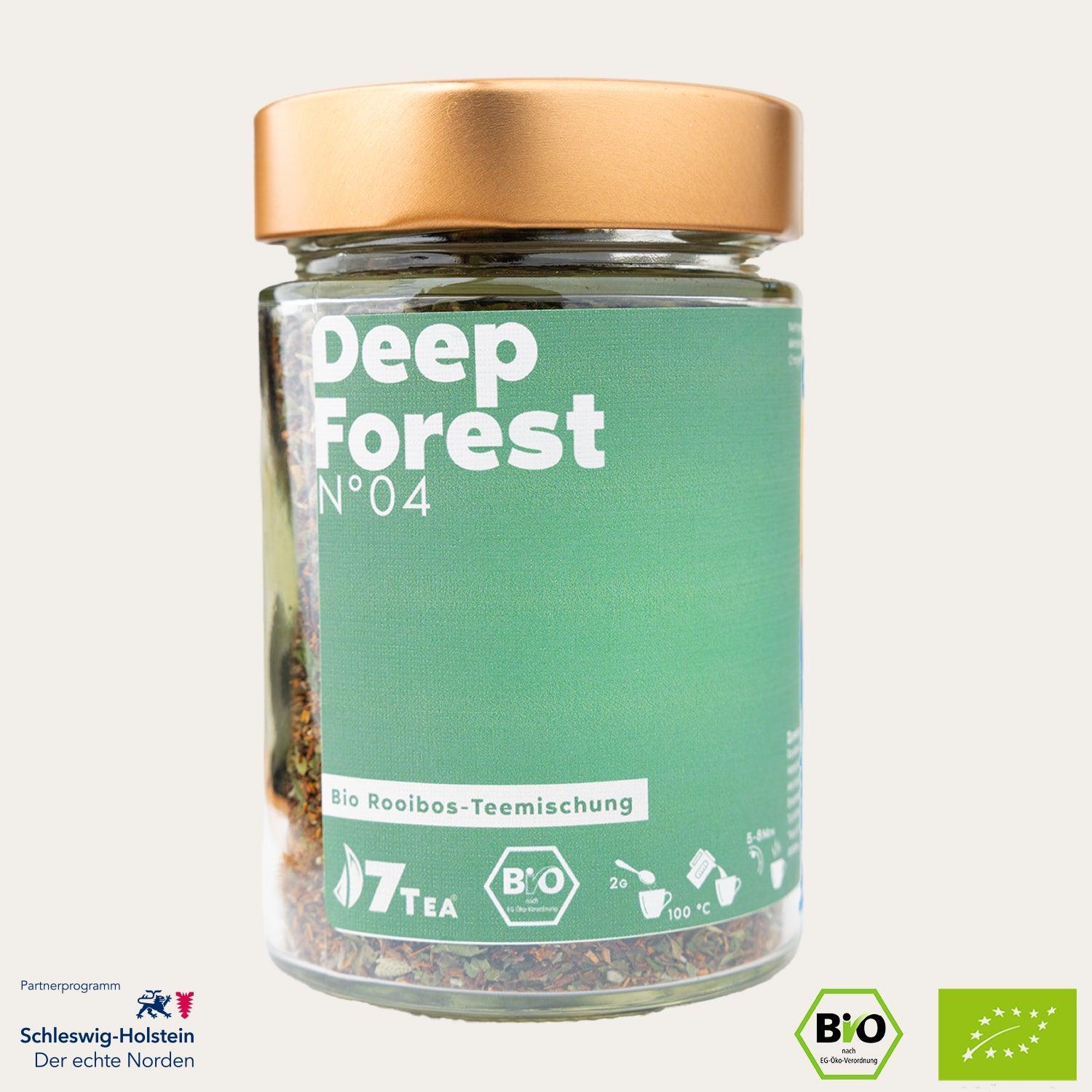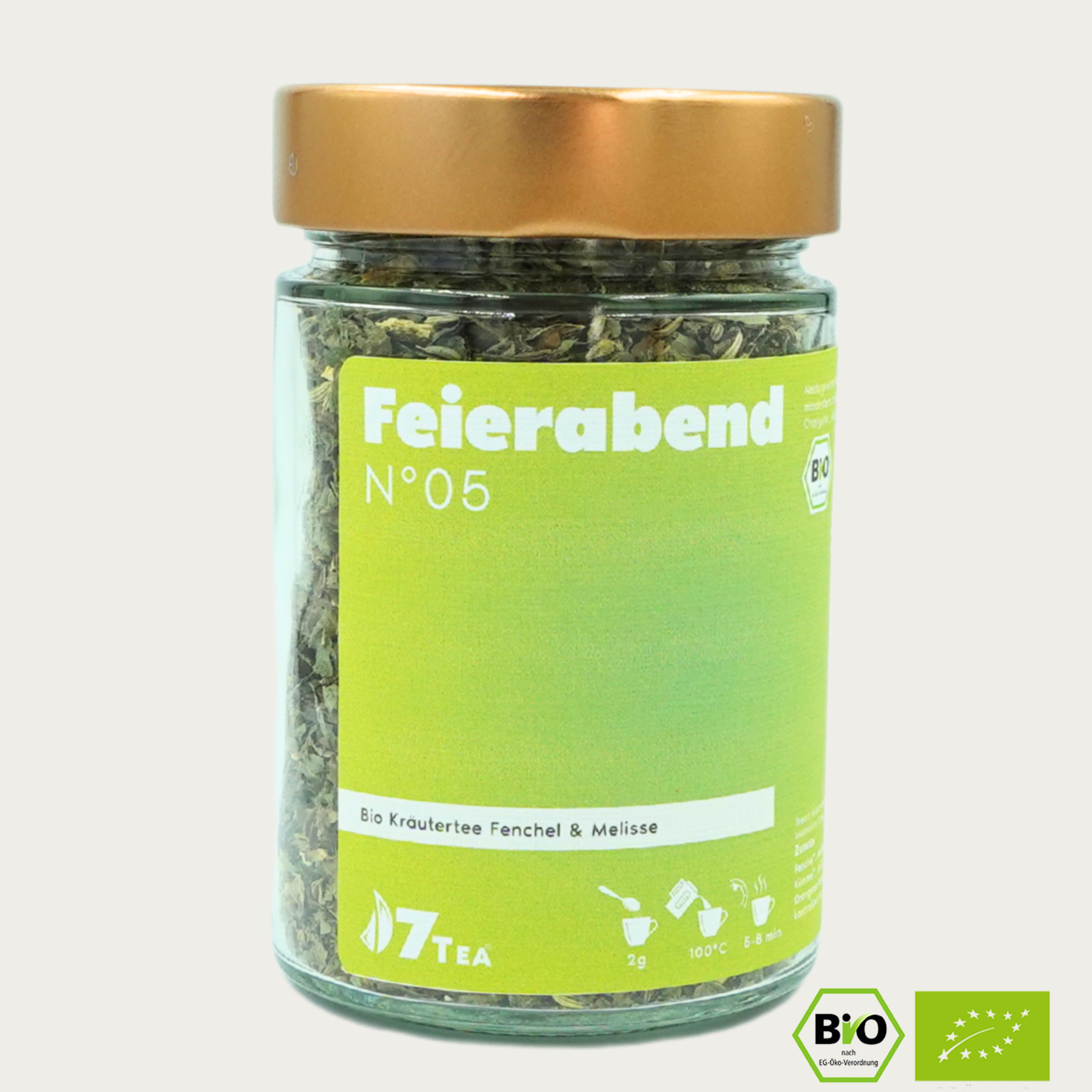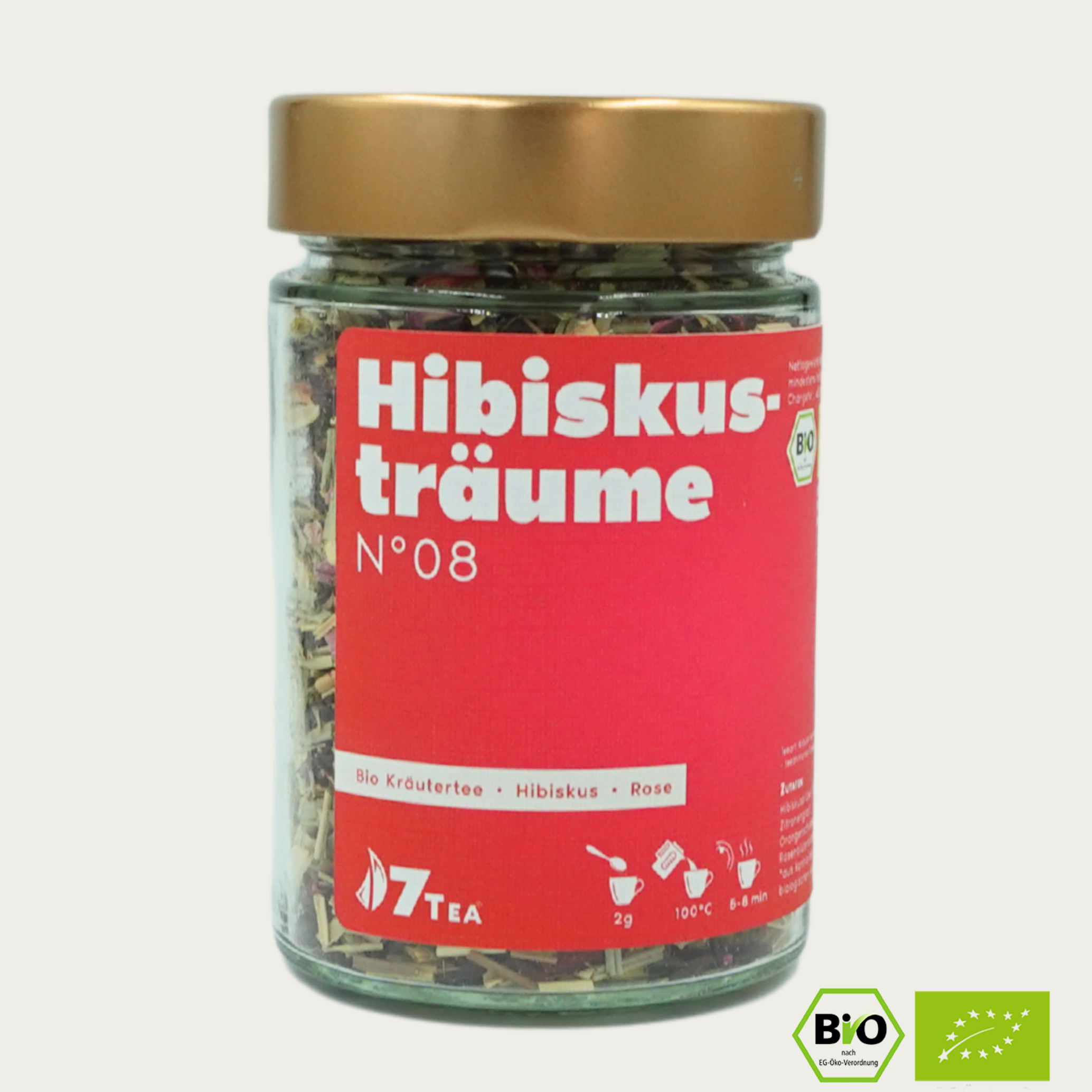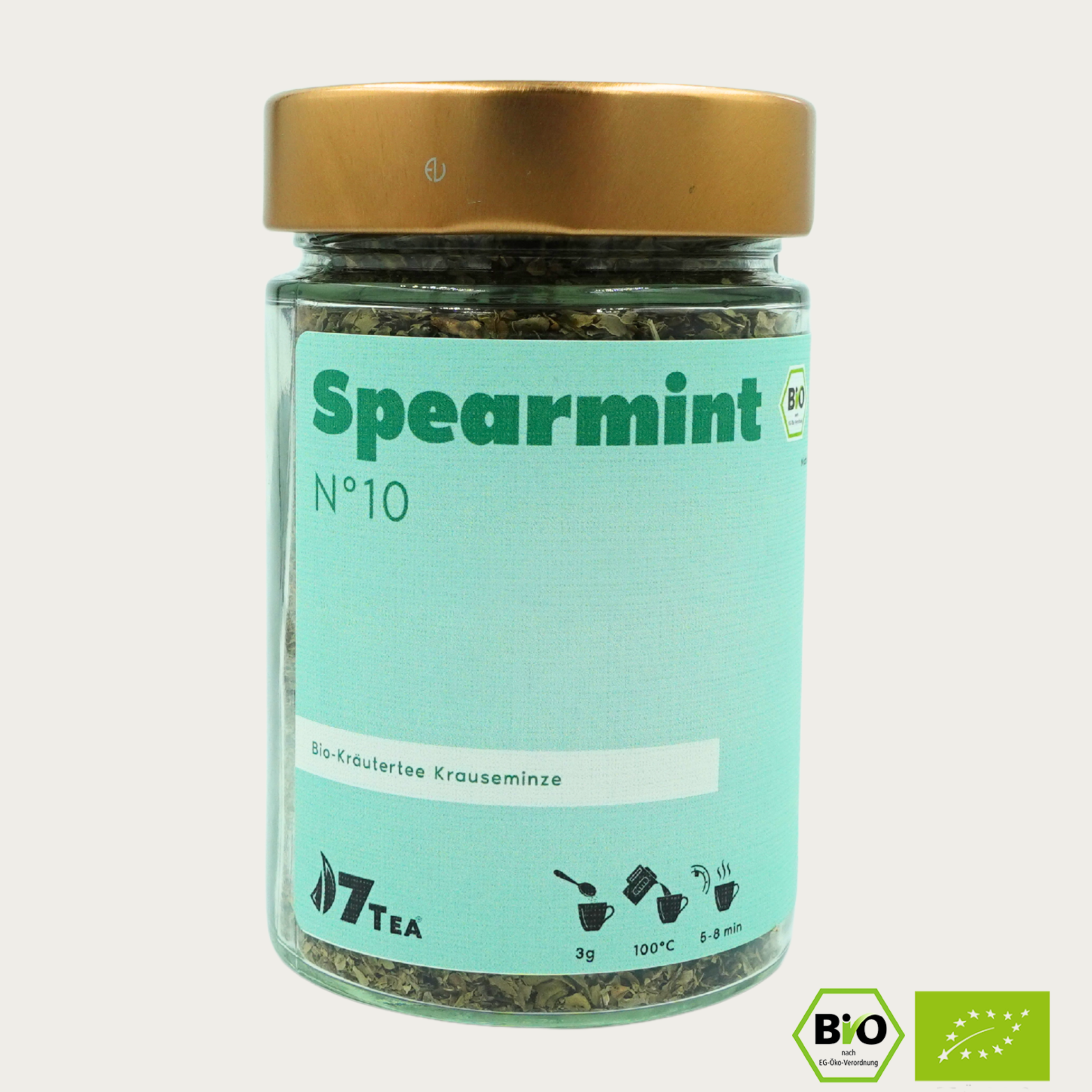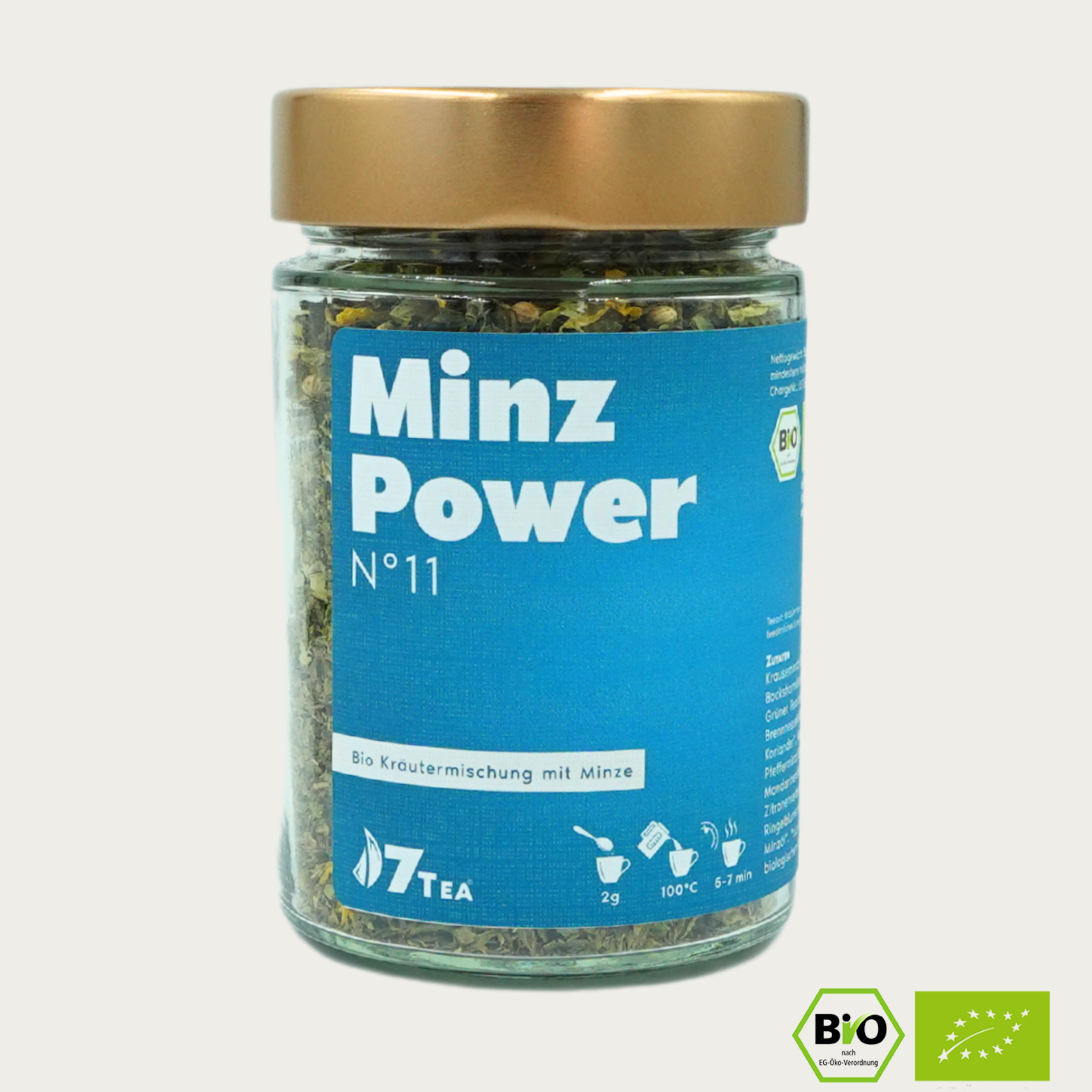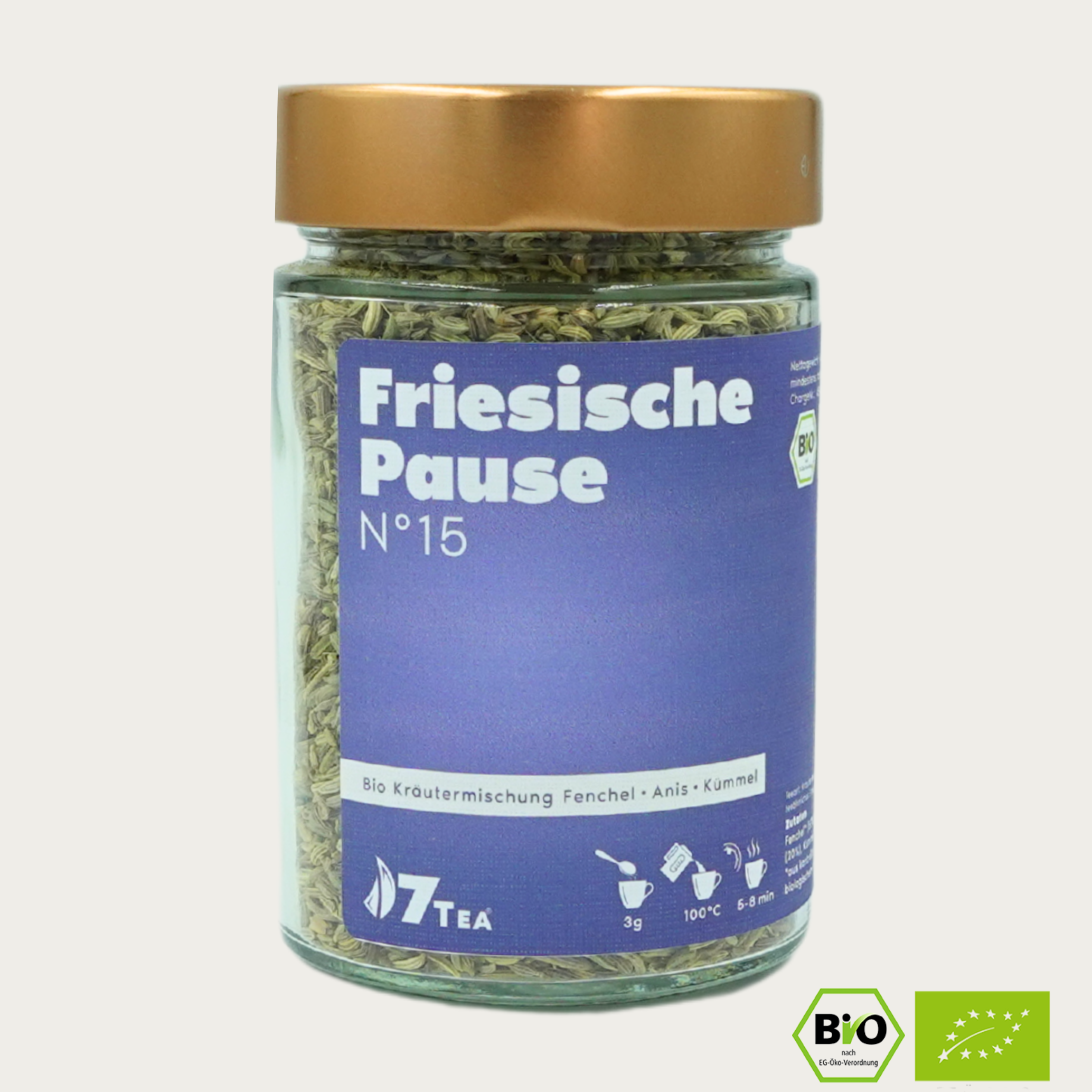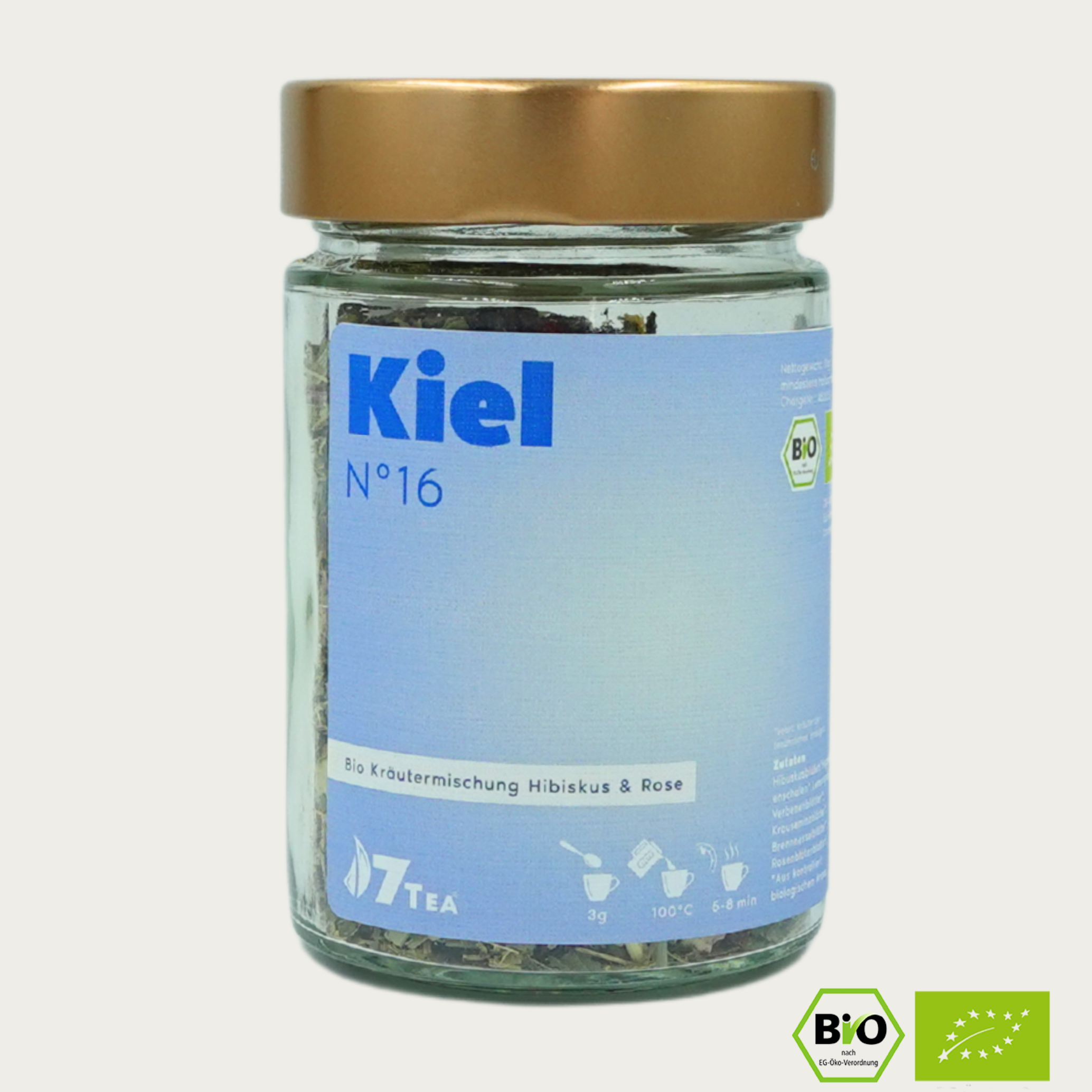Tea during pregnancy: What you should know
Table of contents
- Introduction: Tea during pregnancy – a conscious choice
- The importance of organic tea
- Avoiding microplastics in tea bags
- Safe tea enjoyment during pregnancy
- Recommended and safe teas
- Types of tea to avoid
- Tips for enjoying tea during pregnancy
- Conclusion: Conscious tea consumption for a healthy pregnancy
Tea during pregnancy – a conscious choice
Tea can provide many benefits during pregnancy, but it is important to make conscious decisions about the type and amount of tea consumed. While some teas can be soothing and beneficial to your health, others could have potentially harmful effects.

The importance of organic tea
During pregnancy it is particularly important to pay attention to the quality of the tea. Organic teas are free of pesticides and other chemical additives that can be found in conventionally grown teas. These chemicals can be potentially harmful to developing fetuses. Therefore, it is advisable to opt for organic teas to make a healthier choice for you and your baby.
Avoiding microplastics in tea bags
Studies have shown that some tea bags can release microplastics. These small plastic particles could be harmful to your health. During pregnancy, it is therefore recommended to use loose tea instead of tea bags or to ensure that the tea bags used are free of microplastics.

Safe tea enjoyment during pregnancy
Caffeine is a major concern when consuming tea during pregnancy. Too much caffeine can increase your risk of complications. It is recommended to limit consumption to around 200 milligrams per day. This is equivalent to around three to four cups of certain types of tea.
Recommended and safe teas
- Raspberry leaf tea : May be useful in late pregnancy and is sometimes used to prepare for childbirth.
- Ginger tea : May help relieve morning sickness, but should be consumed in moderation.
- Lemon balm tea : Has anti-anxiety properties, but research on its safety during pregnancy is limited.
- Peppermint tea : May help relieve stomach upset.

Types of tea to avoid
Pregnancy is a time when every woman should pay special attention to her diet and drink choices. Tea, although often considered a healthy drink, carries some risks that expectant mothers should be aware of:
Lead content in tea: A study showed that a significant proportion of teas have lead levels that are considered unsafe during pregnancy and breastfeeding. In particular, 73% of teas steeped for three minutes and 83% of teas steeped for 15 minutes had lead levels of concern (Schwalfenberg et al.).
Caffeine in tea: Teas containing caffeine, such as black and green tea, should be consumed in moderation during pregnancy. Studies have shown that consuming more than 300 mg of caffeine per day - equivalent to several cups of tea - can increase the risk of low birth weight and developmental delays in newborns (Martin et al.).
Risk of spontaneous abortion: More than three cups of tea daily during pregnancy can increase the risk of spontaneous abortion (Dlugosz et al.).
Risk of preterm birth: High tea consumption, defined as three or more cups per week or one or more cups per day, has been associated with a significantly increased risk of preterm birth (原田 & 白石).
Hypertension and preeclampsia: Regular consumption of tea, particularly black tea, is associated with an increased risk of pregnancy-induced hypertension and early preeclampsia (Li et al.).
Fennel tea and its risks: Fennel tea, often used for its calming effects on digestive problems such as flatulence and cramps, contains estragole, a carcinogen. Its use in infants and young children, as well as during pregnancy, should therefore be avoided.

Tips for enjoying tea during pregnancy
- Pay attention to the quantity : Limit your tea consumption and pay attention to the caffeine content.
- Avoid certain ingredients : Read the ingredients list carefully and avoid teas with unsafe herbs.
- Consult a professional : Talk to your doctor or midwife about consuming certain types of tea.
That's what science says
The effects of tea consumption during pregnancy are complex and should be viewed with caution:
-
Adverse effects on gestational weight and birth weight : Excessive tea consumption during pregnancy can lead to insufficient weight gain during pregnancy and an increased risk of low birth weight ( Jasim et al. ).
-
Potential Risks from Mint Tea : Mint tea consumption during pregnancy may have a negative impact on maternal weight gain and certain postnatal morphometric parameters, especially in female offspring ( Şener et al. ).
-
Effects on gastric emptying and physiological effects : Consumption of tea with milk during pregnancy may affect gastric emptying and uterine or fetal physiological effects ( Bhakta et al. ).
-
Possible heavy metal contamination : Tea consumption during pregnancy poses a risk of heavy metal contamination, which can adversely affect the mother and fetus ( Shah et al. ).
-
Altered inflammatory conditions : Tea consumption during pregnancy can influence inflammatory conditions in mothers and offspring metabolism ( Hachul et al. ).
-
Increased risk of pregnancy-induced hypertension : Tea consumption during pregnancy is significantly associated with a higher risk of pregnancy-induced hypertension. Daily caffeine consumption of more than 300 mg may be associated with an increase in gestational age at birth ( van der Hoeven et al. ).
-
Beware of limited data : Data on tea consumption during pregnancy is limited and it is important to be aware of possible drug interactions and side effects, particularly hepatotoxicity and gastrointestinal distress when consumed on an empty stomach ( Bedrood et al. ).
-
No significant effects in animal studies : One study found no significant effects of tea consumption during pregnancy on pregnancy outcome and pre- and postnatal development in rats ( Ratnasooriya et al. ).
These studies show that tea consumption during pregnancy carries potential risks and should therefore be done with caution. It is advisable to moderate tea consumption during pregnancy and seek medical advice if necessary.
Conclusion: Conscious tea consumption for a healthy pregnancy
Tea can be a calming and health-promoting part of your pregnancy when chosen and consumed consciously. Pay attention to organic quality and the avoidance of microplastics to make the best decisions for you and your baby.





